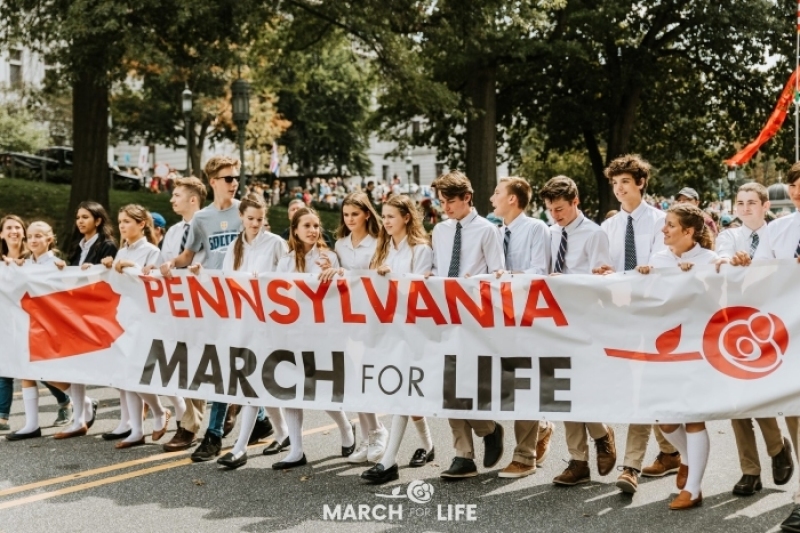
A new poll indicates that the majority of young people in the U.S. support limits on abortion.
The Demetree Institute for Pro-Life Advancement, a project of the pro-life advocacy group Students for Life of America, released the survey on Monday, which included responses from 1,485 voters aged 18 to 42 collected from January 6 to 10.
The poll revealed that two-thirds (67%) of respondents supported some restrictions on abortion. In contrast, only 9% favored allowing abortions throughout all nine months of pregnancy, including in instances where babies survived botched abortions. When asked about specific limits, 63% of participants expressed support for prohibiting abortion after 12.5 weeks of pregnancy, while 66% agreed to ban abortions after 24 weeks of gestation.
In terms of when human rights begin, 60% of respondents believed that human rights start while unborn babies are still in the womb. Twenty-five percent asserted that human rights do not begin until after birth, and 2% supported allowing a court to determine when human rights commence.
While most young voters favored some form of abortion restriction, opinions were more divided regarding taxpayer funding for Planned Parenthood. Forty-eight percent believed that Planned Parenthood should receive taxpayer dollars, while 37% opposed it.
When asked where they would prefer the $700 million in taxpayer funds allocated to Planned Parenthood go instead, 36% suggested “mental health care,” followed by “general healthcare and wellness services” (34%), public schools (32%), job creation (27%), prenatal and birth care (24%), abortion services (23%), assistance for at-risk families (20%), and law enforcement and crime prevention (17%).
Additionally, the poll showed significant concerns regarding Planned Parenthood’s provision of “puberty blockers and hormone therapy” to youth experiencing gender dysphoria, with 91% expressing worry about the potential for such treatments to sterilize minors permanently.
Ninety-two percent of respondents backed requiring women seeking chemical abortions to undergo ultrasound screenings, with 41% calling ultrasounds “extremely important.” Similarly, support for “blood testing to protect fertility” was high, with 39% also considering it “extremely important.” Meanwhile, 66% of young voters supported the requirement for women to see a physician in person before taking the abortion pill.
Nearly one-third of those surveyed (31%) indicated they would be “MORE WILLING to accept limits on abortion” if policies to assist mothers and families caring for newborns were implemented. Sixty-eight percent of participants identified “keeping healthcare costs for pregnancy and birth affordable” as the most important priority for elected officials to support mothers, newborns, and families.
When asked about providing medical care to babies who survive an abortion, nearly 90% supported such care, while two-thirds (66%) advocated for calling 911 if a baby survives a botched abortion.
















